


Enjoying life in Tokyo
1.Class
There are two classes
🌸 Morning class(9:00 – 12:20)
🌸 Afternoon class(13:00-16:20)
Classes are determined by your Japanese level, so it may not be as you wish. The “EJU Preparation Course” and “Art Advancement Course” will be held after these classes end.
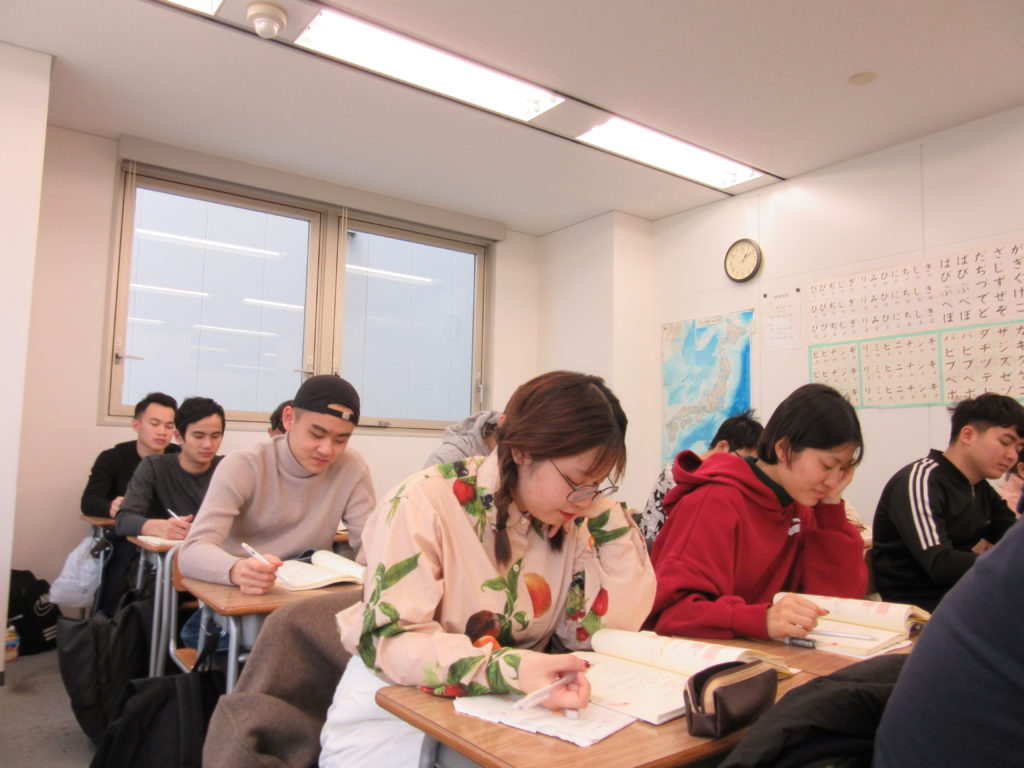
2.Experiential learning outside the school
In spring and autumn, we will hold events that touch Japanese tradition and culture, such as Sumida River boating, sumo class, Kabuki class, visits to Tokyo Disneyland, DisneySea, barbecue and athletic. You can communicate with students and teachers.
In addition, we actively hold events to experience Japanese culture, such as tea ceremonies and kimono experiences, so that students can enjoy learning.
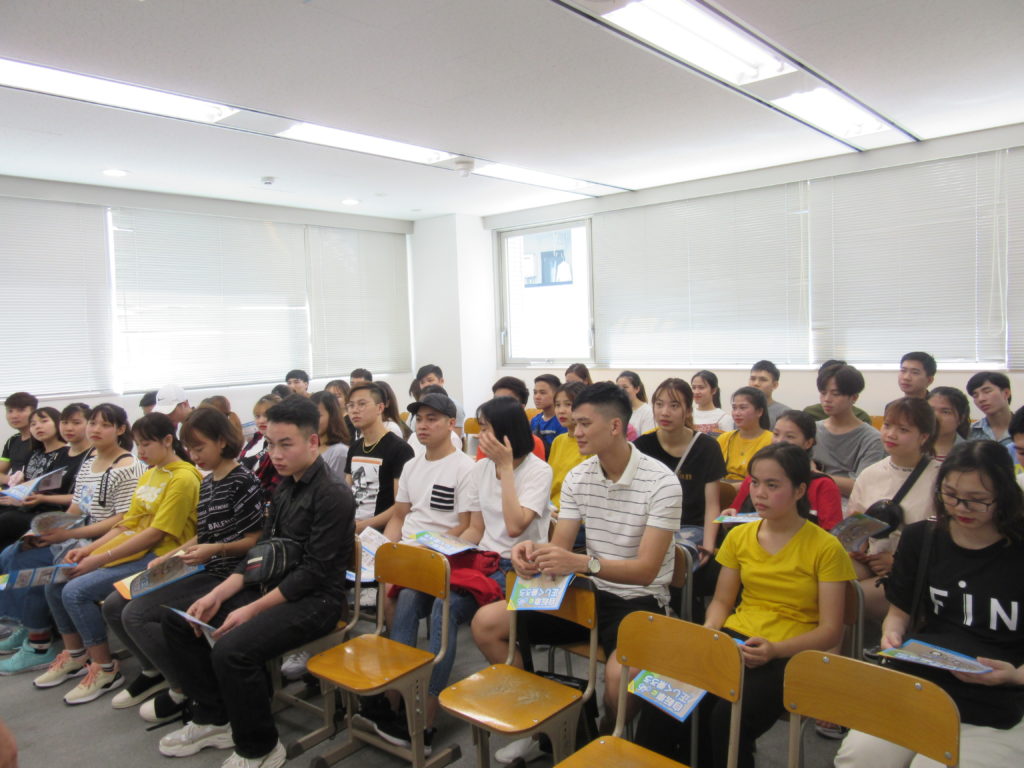
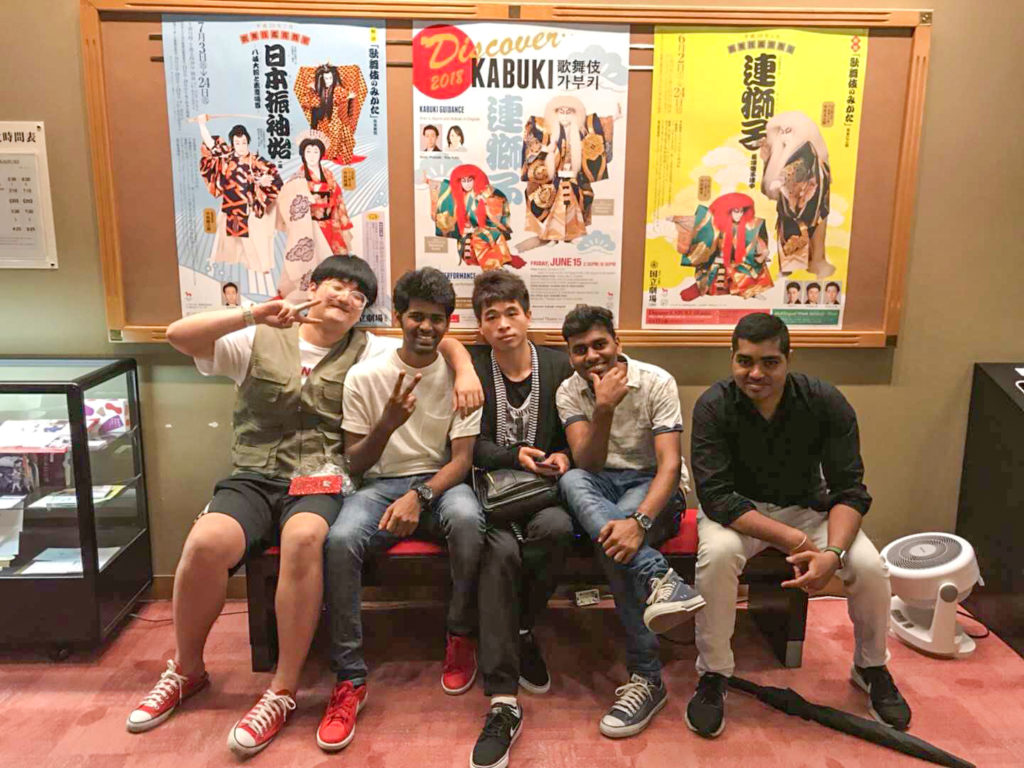
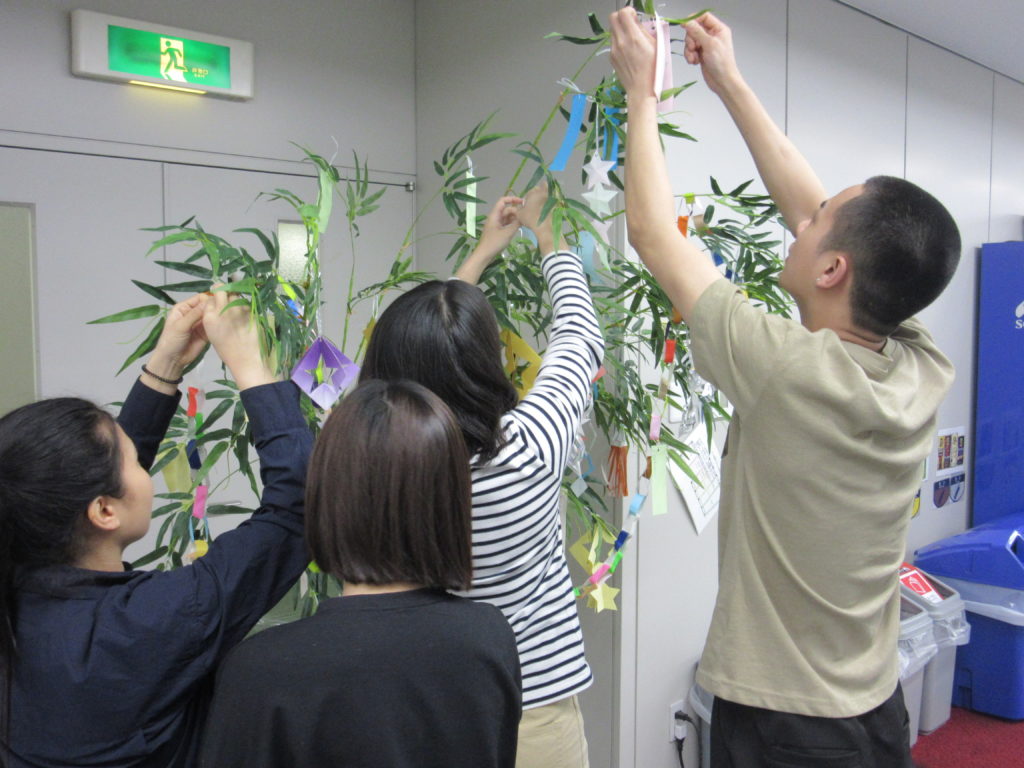
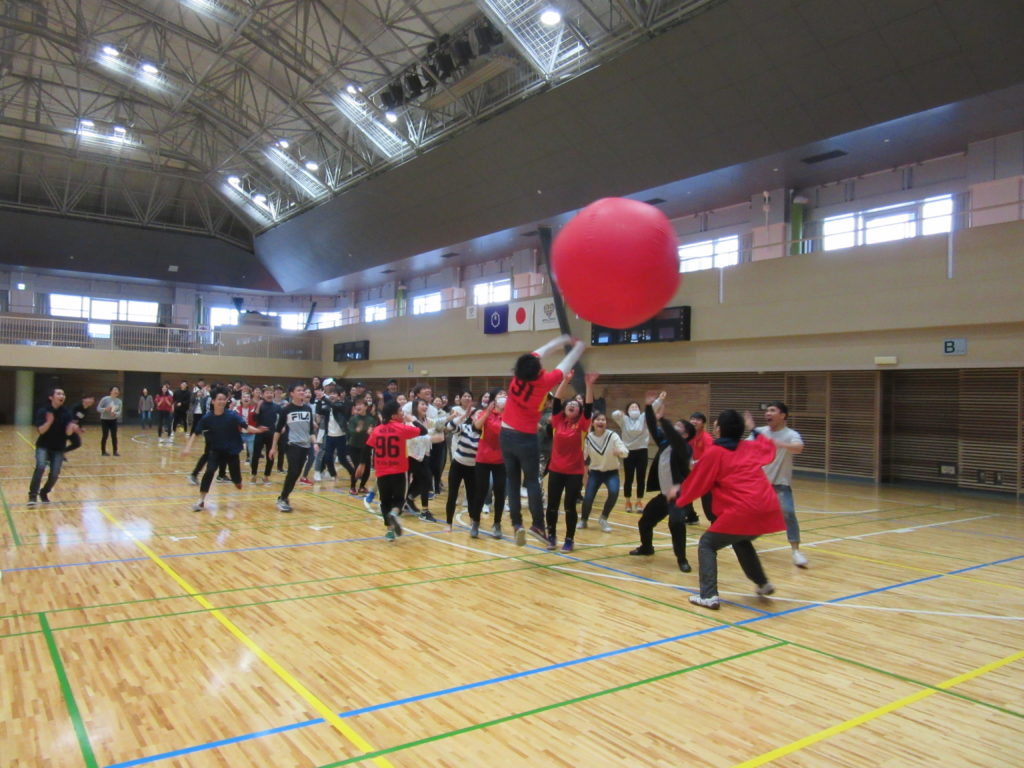

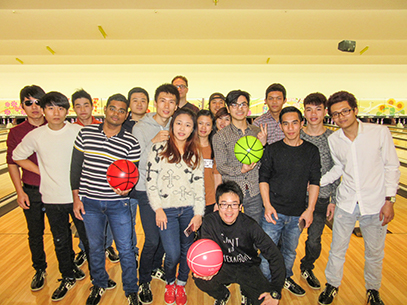
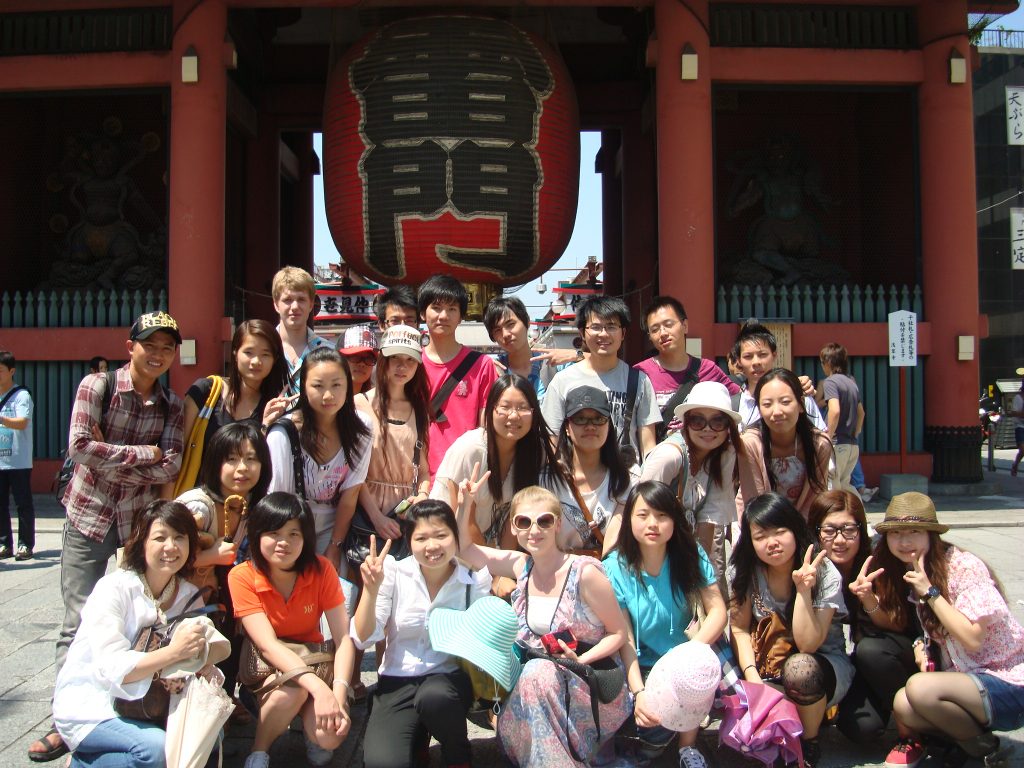
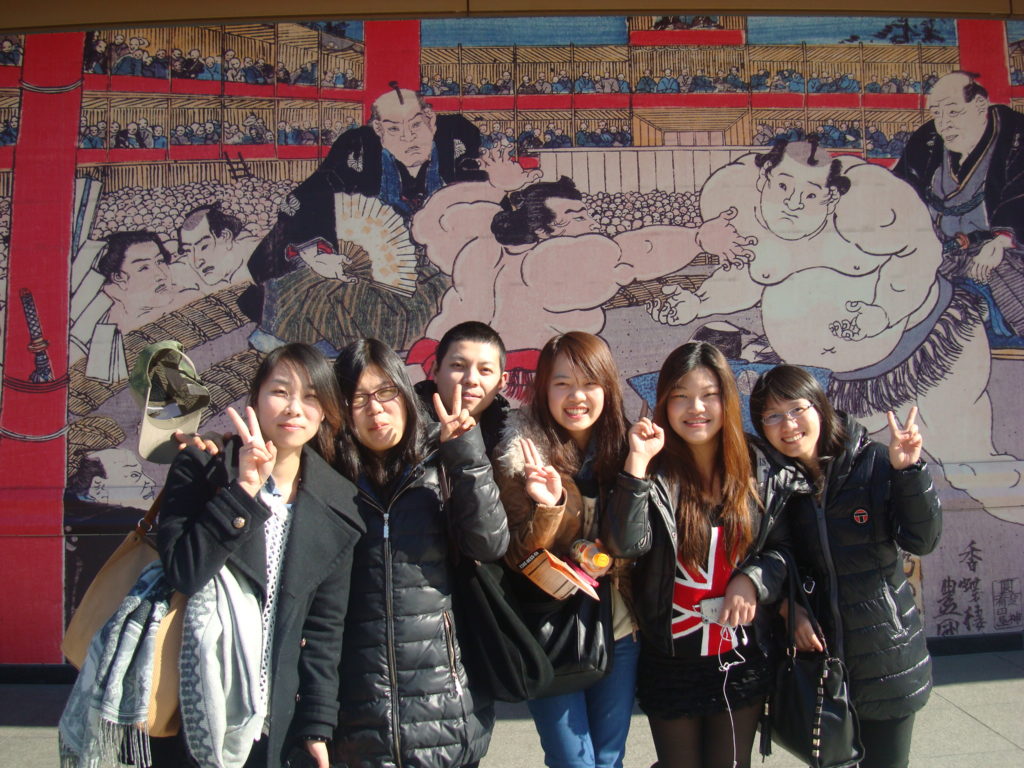
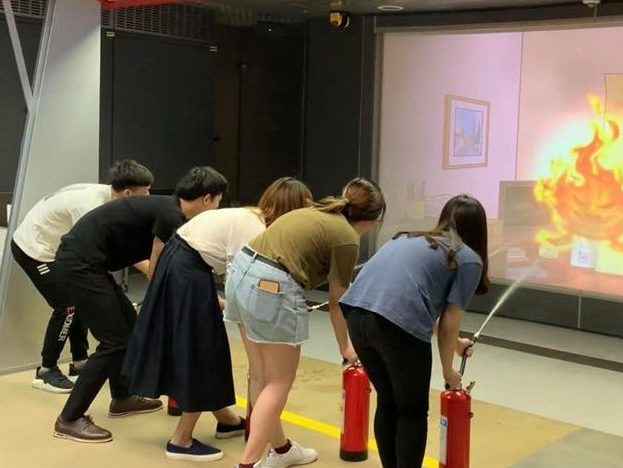
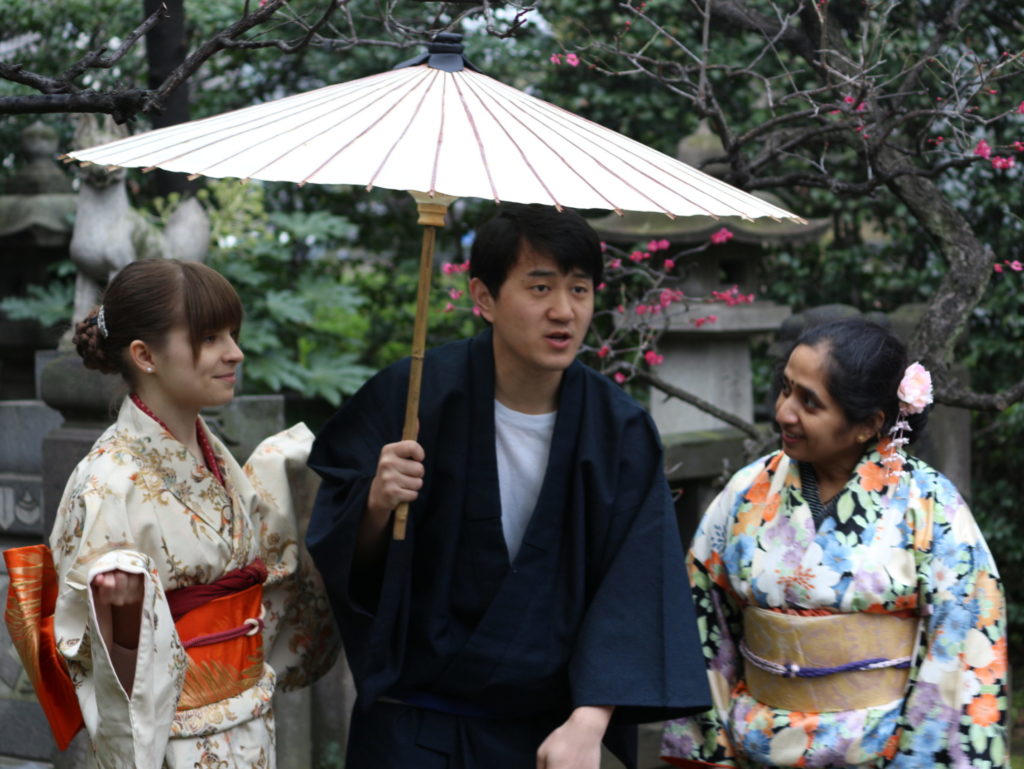
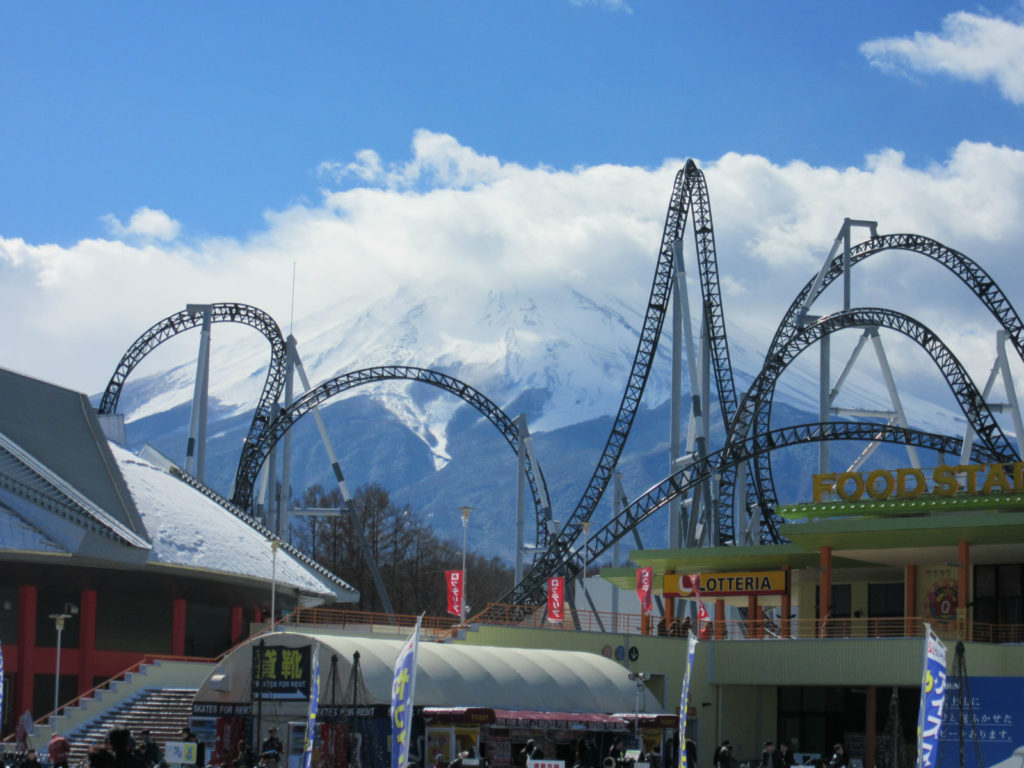
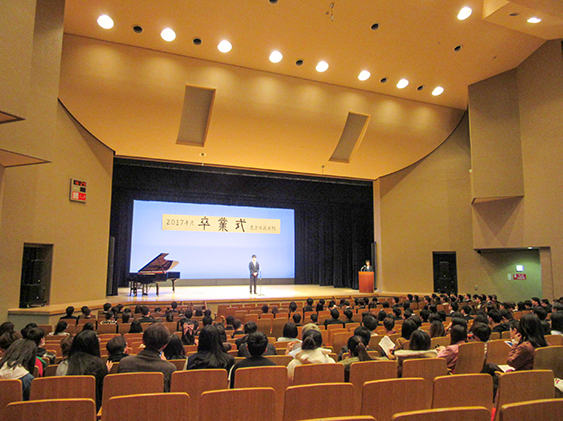
3.Counseling from students
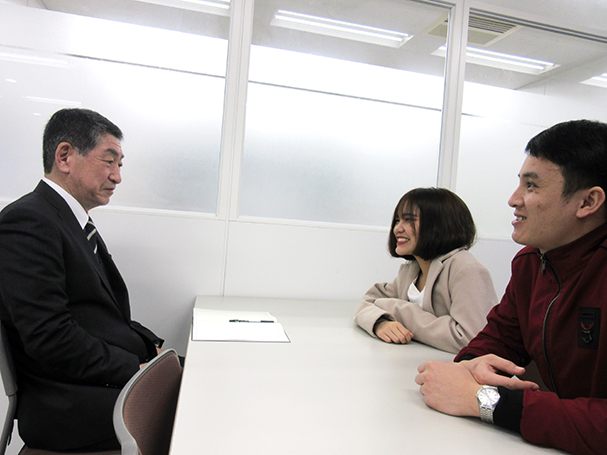

4.part time job
It is recommended to concentrate on studying because the purpose of studying abroad is to study Japanese, but if you really need to work part-time, there are many places to work.
From the school, it is easy to get to the center of Tokyo by the Tozai line, the distribution center of a shipping company is also near the school, and there are some part-time jobs which you do not need to speak Japanese easily, such as simple tasks like sorting luggage.
Please be assured that the staff will consult with you.
※ You can work part-time up to 28 hours a week.
※ When you work part-time, you need to obtain a “permit for non-qualified activities” at the Immigration Bureau.
※You can work part-time up to 28 hours a week.
※When you work part-time, you need to obtain a “permit for non-qualified activities” at the Immigration Bureau.
5.Accommodation
in the central area of Tokyo
There is a “student dormitory” near the school.
Equipped with wi-fi, convenient access to school.
We can also introduce low-cost apartments to students.
6.Around the school
It is an area known as “Shitamachi” that has a long history in Tokyo.
One station away from Kiba station, there are shrines and temples called Fukagawa Fudoson and Tomioka Hachimangu.
The Tomioka Hachimangu festival held once every three years is famous as one of the three major festivals in Tokyo.
Right next to the school, there is a large park called Kiba Park and the Tokyo Metropolitan Museum of Contemporary Art.
These are great for learning about Japan. Traditional and historic festivals are held every season.
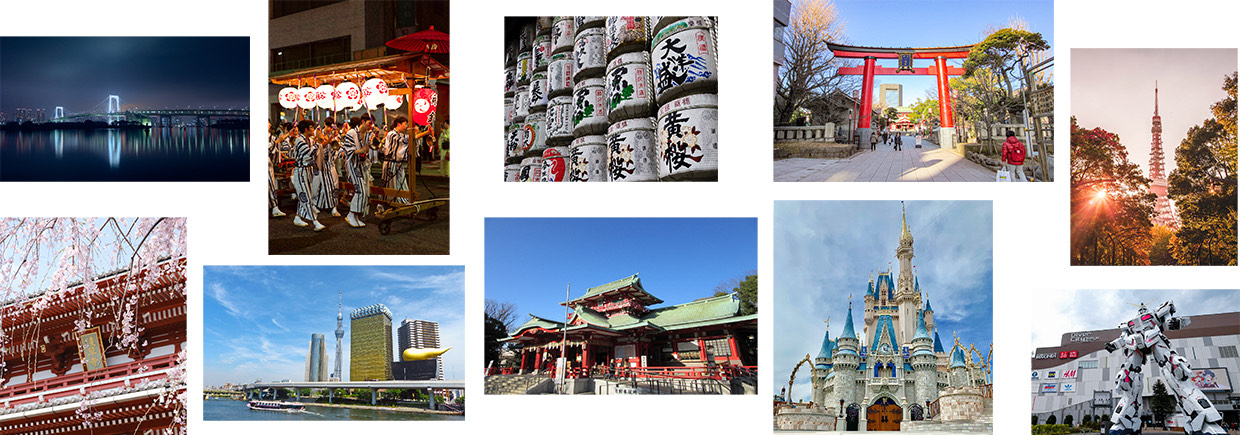
According to the each goal,
we will provide thorough and careful instruction for everyone to create a better future.
When they have any concerns about their future, our staffs will work together to find the most suitable university and department.
